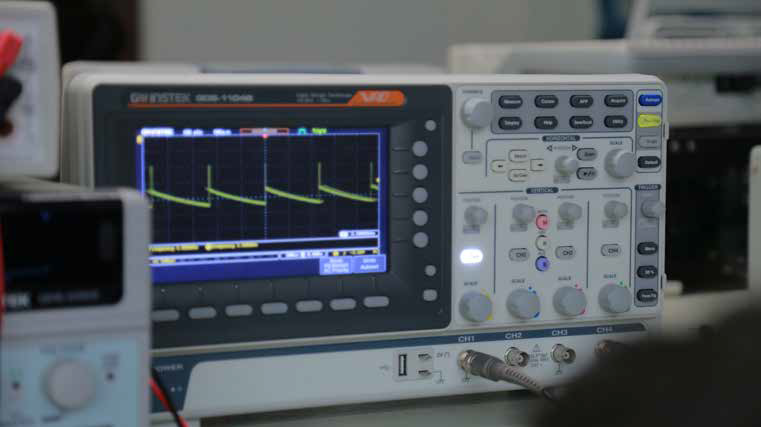
HASAN SHAKIR
Aspiration Statement
I want to do my masters in Robotics focused on enhancing human-computer interaction or electric power mainly focusing on the design and controlling of electric power generation using renewable sources. As a career, I am inclined towards technical research and development. My other passions include travelling and gaming.
Core Skills
- Verilog HDL
- Vivado Software
- Python, C/C++
- MATLAB
- Microsoft Office
- OrCAD Capture CIS
- Field-Programmable Gate Arrays (FPGA)
- Xilinx Vivado
- Arduino
Academic Awards / Achievements
- Newcastle University - MS Electrical Power (Sep 2023)
- Dean’s List - Fall 2019
- 40% Merit Scholarship - Habib University
- 80% Scholarship in A-levels at Generation School System
Experience
Internship / Volunteer Work
- Resyst - Project Manager (Dec 2020 - Mar 2021)
- Divertido Entertainment - Co-founder
- Digital Dividend - Intern Software Engineer, The Learning Apps (TLA)
- Habib University - Teaching Assistant, Integrated Sciences and Mathematics
Publications / Creative Projects
- Line Following Robot: LFR was made as a group project using ATmega Arduino, color sensors and ultra-sonic sensors.
- Digital Clock: This project was made using counter ICs and multiple other Ics.
- Risk Board Game: Risk Board game was made as a group project using C++ as the programming language.
- Rain Detector: This project was made by using transistors and by using soldering skills to make our own detector.
Final Year Project
Project Title
Implementation and Design of Fault Tolerant Risc V Architecture
Description
Processors in space face unique challenges due to the effects of high radiations. Devices and processors used in such critical conditions require a high level of protection and security. Keeping this scenario in mind, we aim to design a processor with fault-tolerant capability. Our approach to this problem is based on designing and implementing a RISC-V Processor on FPGA and making it fault-tolerant. (Group Project)
